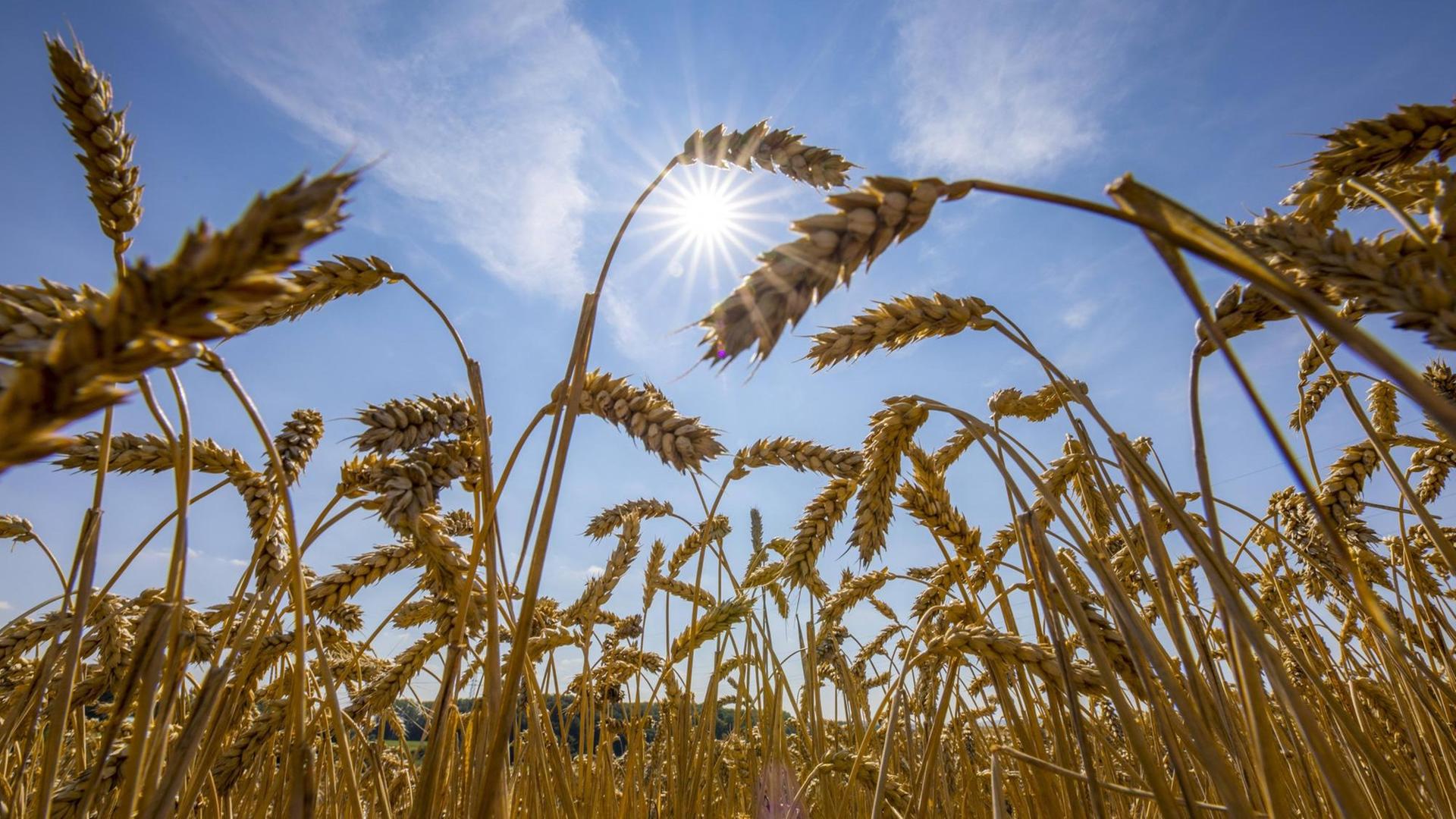Impact of Climate Change on Agriculture in Germany: Wheat and Soybean Trends

Understanding the Effects of Climate Change on German Agriculture
Climate change is leading to drastic changes in agriculture across Germany, with crops like wheat experiencing extreme conditions that threaten their viability. In particular, the drought conditions are making it increasingly difficult for farmers to sustain wheat production.
The Challenges Faced by Key Crops
- The wheat industry is struggling with insufficient moisture.
- Corn crops require artificial irrigation to survive.
- The potato sector is facing difficulties due to increased temperatures.
Innovative Solutions on the Horizon
In response to these challenges, scientists at the Agricultural Technology Center Augustenberg in Karlsruhe are exploring alternative crops. One promising solution is the increased cultivation of soybeans, which could mitigate some of the adverse effects of climate change on conventional crops.
This shift towards soybean farming may not only help sustain agricultural output but also diversify crop production in the face of a changing climate.
This article was prepared using information from open sources in accordance with the principles of Ethical Policy. The editorial team is not responsible for absolute accuracy, as it relies on data from the sources referenced.